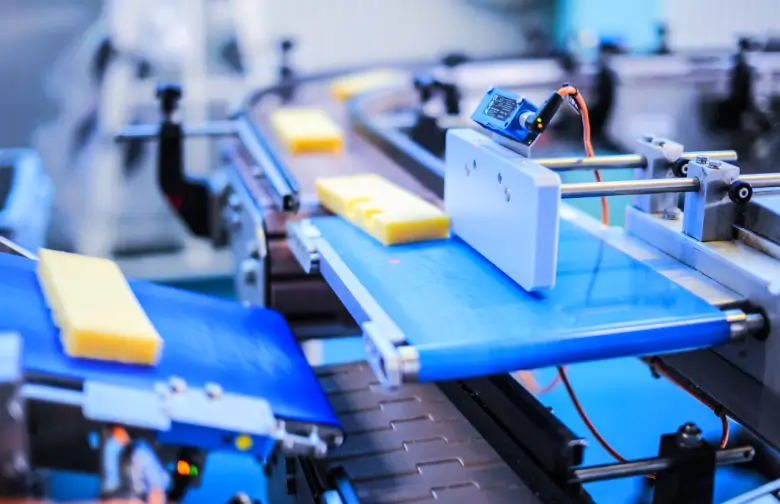
In April 2025, President Donald Trump introduced sweeping tariffs, including a blanket 10% levy on all imports, with steeper rates targeting specific nations like China and the EU. While intended to bolster domestic manufacturing, these tariffs have had ripple effects throughout the economy—particularly for the Food & Beverage (F&B) industry. Rising costs for imported ingredients, packaging materials, and machinery are putting mid-sized producers in a financial bind. (Forbes, Food Navigator)
As retaliatory tariffs from international partners target American exports, and operational costs climb, F&B manufacturers are turning to ERP solutions for production to stay agile, compliant, and competitive in a volatile market.
Modern ERP solutions for production streamline operations across departments—from procurement and manufacturing to inventory and finance—by providing integrated, real-time visibility and control. As market pressures intensify, these capabilities are no longer optional; they’re essential.
Here’s how ERP systems are helping mid-sized food manufacturers weather the current tariff storm:
Tariffs on imports mean companies need to reconfigure sourcing strategies on the fly. ERP systems offer multi-supplier management and real-time tracking, allowing F&B businesses to shift suppliers quickly and mitigate risks from any single country or region.
With robust traceability features, solutions like SYSPRO ERP for Food Manufacturing help ensure quality and compliance while managing supplier relationships strategically.
As ingredient and transportation costs rise, ERP solutions for production empower manufacturers to closely monitor expenditures and adjust in real-time. Whether reallocating budgets or refining production schedules, ERP-driven analytics give companies the agility to adapt quickly and make smarter financial decisions. (SYSPRO Blog)
New tariffs bring new reporting requirements. ERP platforms can automate customs documentation and ensure compliance with changing trade policies, reducing delays and costly fines. This is particularly valuable as companies navigate cross-border shipping amidst retaliatory tariffs from the EU and other trade partners. (PlanetTogether)
Some ingredients are now more expensive or harder to obtain. With ERP-driven recipe and formula management tools, companies can test and roll out new formulations that use alternative inputs—without compromising on quality or compliance. This is crucial for F&B businesses seeking to maintain brand integrity while adjusting to the new cost structures. (KatanaMRP)
The long-term advantage of investing in ERP lies in better decision-making. From demand forecasting to production planning, ERP solutions for production give companies the data insights they need to make strategic moves—not just reactive ones.
ERP platforms like SYSPRO also allow for modular scalability, so manufacturers can evolve their systems as the business grows or as new challenges emerge.
In today’s environment of economic uncertainty and shifting trade policies, ERP solutions for production are a vital asset for F&B manufacturers. They reduce complexity, improve responsiveness, and ultimately help businesses protect margins while delivering high-quality products.
Mid-sized manufacturers that embrace ERP now won’t just survive the tariff era—they’ll emerge from it stronger, leaner, and more competitive.